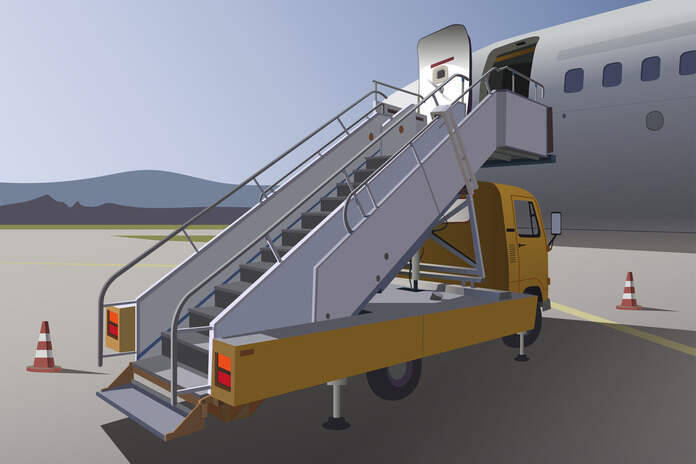Boeing (NYSE:BA)
After reporting greater revenue and maintaining its intention to boost production of its popular 737 Max plane, Boeing stock surged in premarket trade.
By 10:25 a.m. ET Boeing stock had risen 2.7%, second only to Microsoft’s 7.1% increase among the 30 companies that make up the DJI.
With a 28% increase from the previous year, Boeing (NYSE:BA) reported $17.92 billion in sales, more than the consensus forecast of $17.56 billion among Wall Street analysts. Increased deliveries of the 737 Max and 787 Dreamliner contributed to a 60% increase in commercial airplanes’ revenue, totaling $6.7 billion.
Boeing predicts it will deliver 400–450 of its 737 Max airplanes this year, up from the 31 planes per month it produces. By 2025 or 2026, the business hopes to increase monthly output to 50 units.
Since a supplier realized it had wrongly fitted components of the 737 Max this month, deliveries have been halted. Still, the advice indicates that production will continue as normal.
Boeing CEO and President Dave Calhoun said, “We delivered a solid first quarter and are focused on driving stability for our customers.” Despite the recent supply chain delays, we are progressing toward our annual and long-term targets.
As air traffic has rapidly recovered after the easing of pandemic lockdowns, the business has moved to boost the manufacture of passenger planes, most notably in China. After the 737 Max was grounded due to safety concerns, investors searched for indications that Boeing (BA) could supply the jet to airlines in the nation, its second-biggest market. This month, Boeing said 11 Chinese carriers have restarted 737 Max flights.
Boeing reaffirmed its full-year operating cash flow and adjusted free cash flow forecasts of $4.5 billion to $6.5 billion and $3.0 billion to $5.0 billion, respectively.
Compared to the average loss per share prediction of $1.05 among Wall Street analysts, the business posted an adjusted loss per share of $1.27.
The value of Boeing’s backlog, which includes more than 4,500 commercial jets, is $411 billion. Aircraft orders drove an unexpected increase in March demand for durable goods.
Featured Image: Freepik









